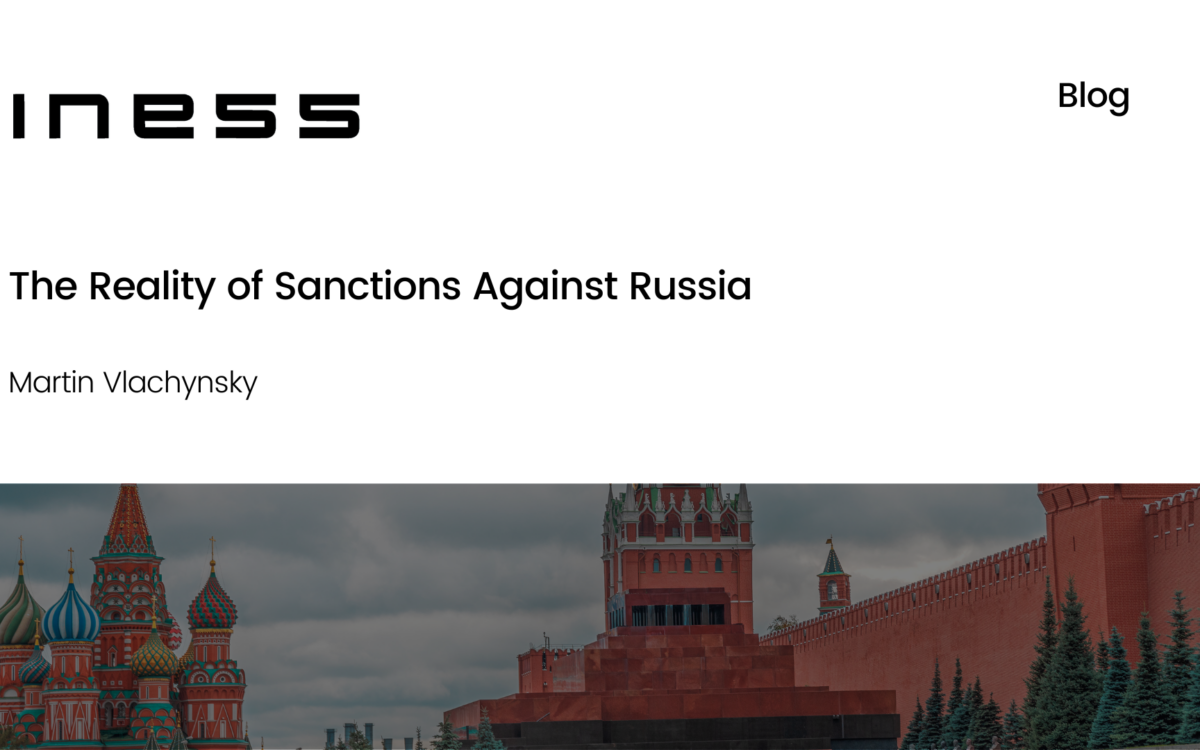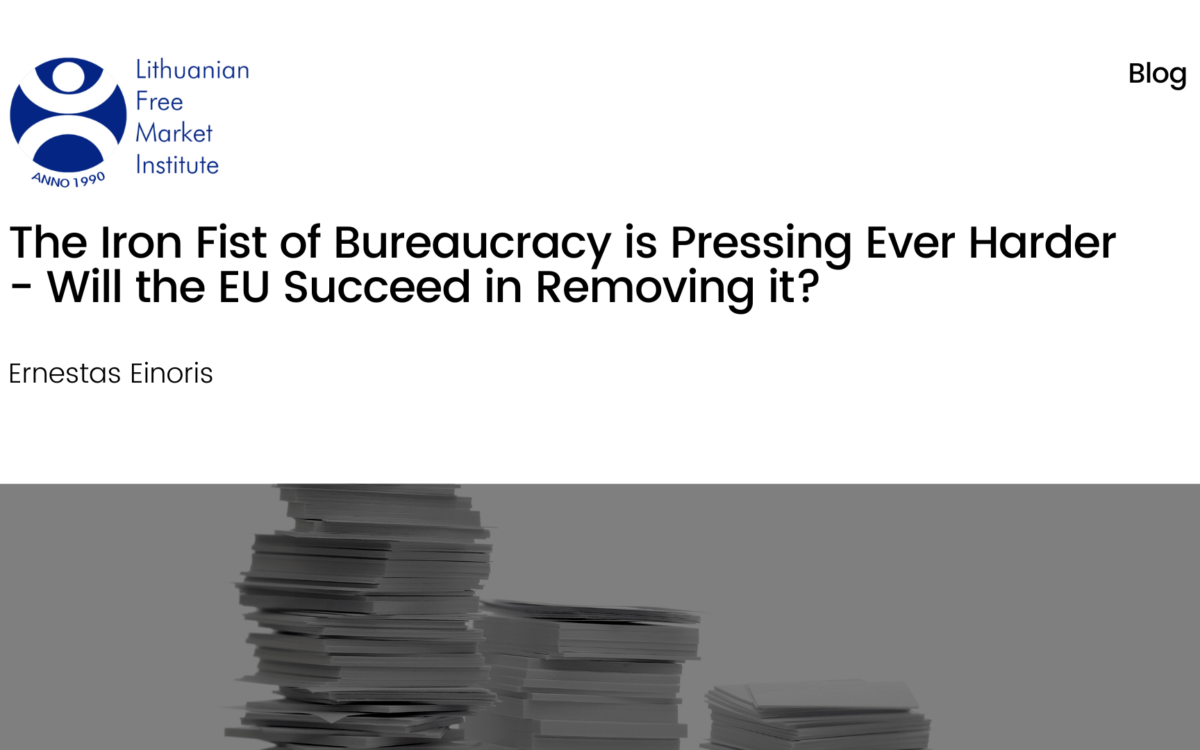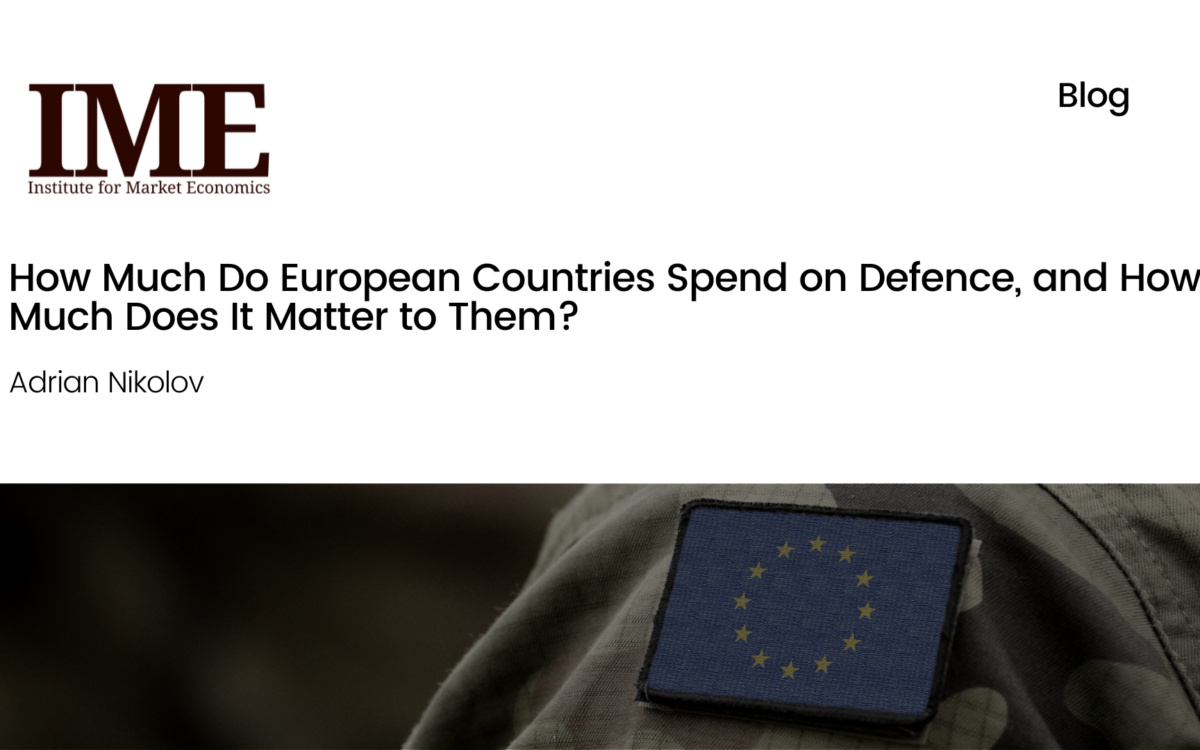The Cost of Independence: Is It Worth the Risk?

The Cost of Independence: Is It Worth the Risk?
Daniel Iturri Calvo // 20 June 2019
For the past 3 years, Spain’s international media coverage has mainly centered around its most controversial dispute: Catalonian secession. National media has covered the movement exhaustively, and with the end of the EU parliamentary elections, the conflict has gained more international traction because of tensions with 3 newly elected Catalonian MEP’s who may not be able to take their seats.
But what has been lacking in the media’s coverage of the political situation is the severe economic repercussions both Catalonia and the rest of Spain have started to suffer. A recent report by our Spanish member think tank Civismo estimated the loss of economic output due to political uncertainty. The authors concluded that since 2004, when the modern Catalonian secessionist movement began, the movement has cost Catalonia 18 billion euros in lost economic growth and has made the region lose its position as the most important economic powerhouse in the country. The numbers presented by Civismo remind us that the country and the region are already starting to feel the economic effects of the situation, and it is likely to get worse if the conflict isn’t promptly resolved.
Civismo’s 2018 report outlines three ways of calculating and analyzing the loss of economic output in Catalonia. Firstly, through the Catalonian Risk Index elaborated by Societat Civil Catalana (SCC). They first released the Index in 2015, based on the 2013 methodology proposed by Baker, Bloom, and Davis (2013), which measures political uncertainty by thoroughly analyzing national and international media coverage of political tensions, and comparing it to economic variables such as Foreign Direct Investment.
The SCC Risk Index shows that economic risk has fluctuated since 2004, but there has been a general upward trend. The highest peaks appeared when Catalonia’s bank’s debt reached unsustainable levels, and when independence was unilaterally declared following the unconstitutional October 2017 referendum. On the other side, the lowest levels of risk were reached when there was high economic growth at the national level, stabilizing both the economic and political stages.
The second factor for evaluating the economic effects of the secessionist movement is to compare Catalonia’s Trend Growth GDP – the estimated GDP growth without external disturbances – against Catalonia’s actual GDP growth. The output gap amounted to 3.9% of Catalonia’s GDP, mainly increasing at times of major political unrest. This gap continues to increase as tensions rise, and it shows that increased fear of secession prevents investment and innovation in a region known for a dynamic international economy.
Lastly, Civismo also compares Catalonia’s contribution’s to Spain’s GDP against Madrid’s Autonomous Community. Historically, Catalonia has led the charge in terms of GDP share in Spain, but the modern secessionist movement has stagnated its economic development, and instead increased the significance of Madrid. The report clearly shows that in the last 2 years the balance of economic importance has shifted: while Catalonia’s share of the Spanish GDP has remained flat in the past 18 years, Madrid’s share has increased by 1.5 points. The purported referendum of 2017, the takeover of the regional government by the national government, and the current judicial investigations against former Catalonian leaders have all been a part in slowing down economic development.
Besides a relatively slow GDP growth, a tangible outcome of a rise in political risk for Catalonia was the 2017 announcement by 3000 Catalonian companies to move their headquarters from the region. Companies such as Sabadell, Caixa Bank, and the emblematic 450-year-old Codorniú reacted to the 2017 referendum by escaping the economic and political unrest. These companies represented 5.4% of the Catalonian economy according to The Economy Journal, and their move realized the fears of many, including the SCC.
Although the economic catastrophe that some had predicted in Catalonia has not materialized, it is true that GDP growth has slowed and not reached its full potential because of the conflict. Moreover, as Civismo concludes, political instability will continue cause economic damage unless it is promptly resolved. Therefore, resolving the conflict in a constitutional manner so as to minimize political uncertainty will ensure that the livelihoods of people across the region won’t deteriorate due to economic stagnation.
EPICENTER publications and contributions from our member think tanks are designed to promote the discussion of economic issues and the role of markets in solving economic and social problems. As with all EPICENTER publications, the views expressed here are those of the author and not EPICENTER or its member think tanks (which have no corporate view).



